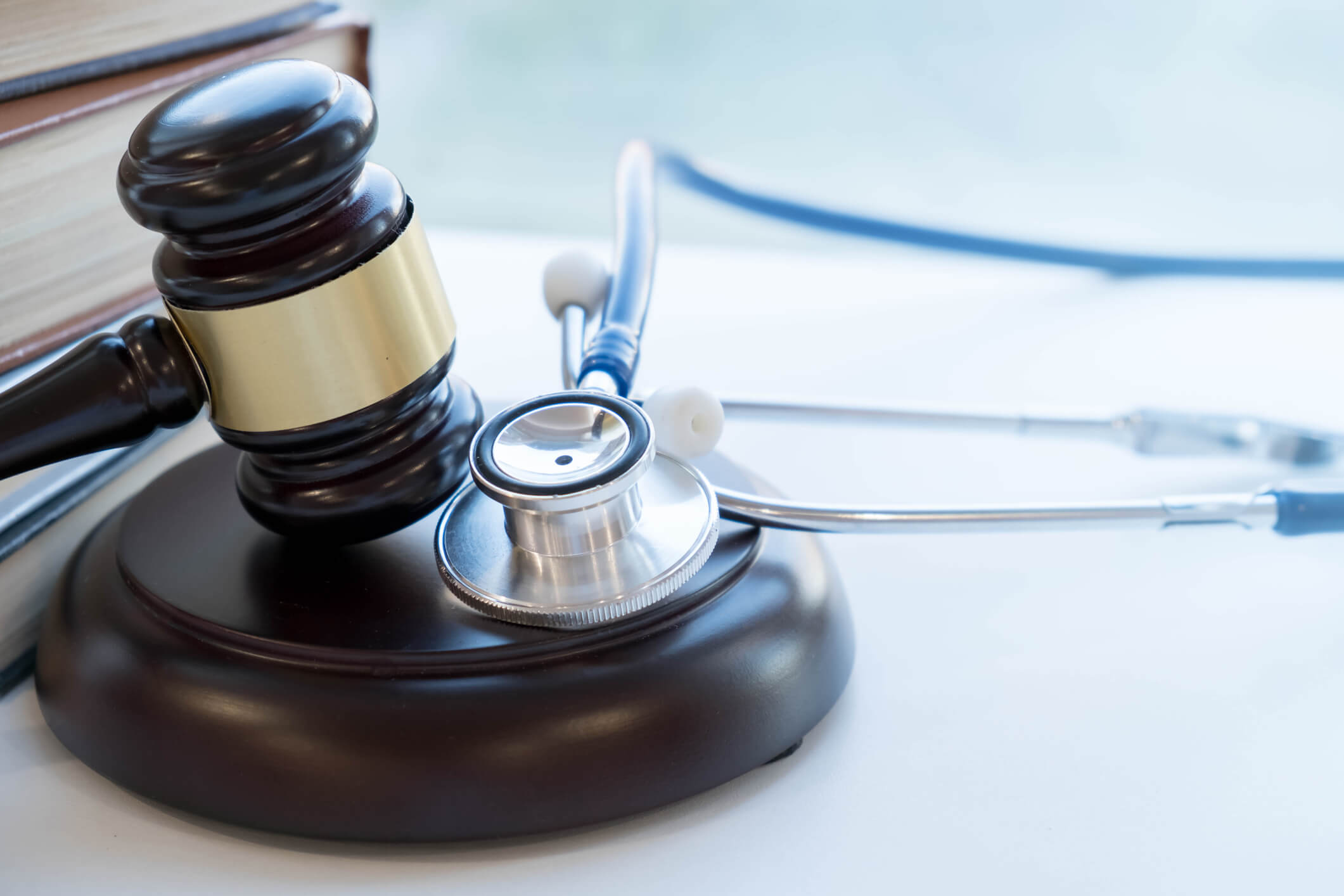Medical professionals have a duty to provide safe, competent care. When they fail, the consequences can be life-changing. Medical malpractice occurs when a healthcare provider’s negligence leads to harm.
Some mistakes cause minor setbacks, while others result in permanent disability or death. Let’s explore the most frequent medical errors, from misdiagnosis to lack of informed consent, and how to protect your rights.
Misdiagnosis
Misdiagnosis is one of the most common and serious forms of medical malpractice. When a doctor incorrectly identifies an illness—or fails to diagnose one—patients may not receive the needed treatment.
Certain conditions are more frequently misdiagnosed than others:
- Cancer may be mistaken for a minor condition, delaying life-saving treatment.
- Heart attacks are sometimes misinterpreted as indigestion, particularly in women.
- Infections can be dismissed as viral illnesses, leading to life-threatening complications.
A misdiagnosis can result in unnecessary procedures, incorrect medications, or a failure to address the illness. In some cases, the delay in treatment can make the condition untreatable.
Surgical Errors
Mistakes in the operating room can have severe consequences. Even when a surgeon is highly trained, errors can occur due to carelessness, fatigue, or a failure to follow established procedures.
Common surgical mistakes include:
- Operating on the wrong body part
- Leaving surgical tools or sponges inside a patient
- Anesthesia errors, such as administering too much or too little
- Accidental damage to organs, blood vessels, or nerves
A single surgical mistake can lead to long-term complications, infections, or even fatal outcomes. Patients undergoing surgery trust that their medical team will provide the highest level of care. When that trust is broken, the results can be devastating.
Medication Errors
Prescription and medication mistakes can occur at any stage: when a doctor prescribes a drug when a pharmacist fills the prescription, or when a nurse administers the medication.
These errors include:
- Prescribing the wrong medication
- Giving an incorrect dosage—too high or too low
- Failing to recognize harmful drug interactions
- Dispensing the wrong medication due to pharmacy mix-ups
For some patients, a medication error may cause mild side effects. For others, it can lead to organ failure, severe allergic reactions, or overdose. Given how powerful certain drugs can be, even a small mistake can be dangerous.
Failure to Treat
A correct diagnosis is only helpful if the doctor follows through with the proper treatment. When a physician fails to provide appropriate care, a patient’s condition can worsen.
Some ways this occurs include:
- Discharging a patient too soon from a hospital
- Ignoring standard treatment guidelines for a diagnosed condition
- Failing to refer a patient to a specialist when necessary
Failure to treat occurs often because a medical facility is understaffed or overbooked. Doctors may rush through appointments or overlook critical symptoms. Regardless of the reason, when patients do not receive the care they need, the results can be serious—or fatal.
Lack of Informed Consent
Patients have the right to know the potential risks before undergoing a medical procedure. Doctors must fully explain treatment options, complications, and alternatives before obtaining consent.
A lack of informed consent occurs when:
- A doctor does not adequately explain the risks of a procedure
- A patient is not given alternative treatment options
- A procedure is performed without the patient’s complete understanding of its consequences
For example, if a surgeon fails to warn a patient about the risk of nerve damage and the patient later suffers paralysis, that could be medical malpractice. Patients have the right to make informed choices about their healthcare, and when doctors fail to respect that right, they may be held legally responsible.
Dental and Podiatry Malpractice Attorneys
Medical malpractice takes many forms, but the consequences are often the same—unnecessary suffering, financial hardship, and long-term health problems. If you believe you or a loved one has been harmed due to a medical professional’s negligence, you may be entitled to meaningful compensation.
Trust Dental & Podiatry Malpractice Lawyers to help with your medical malpractice claim. Contact us today to discuss your case and take the next step toward protecting your rights.


